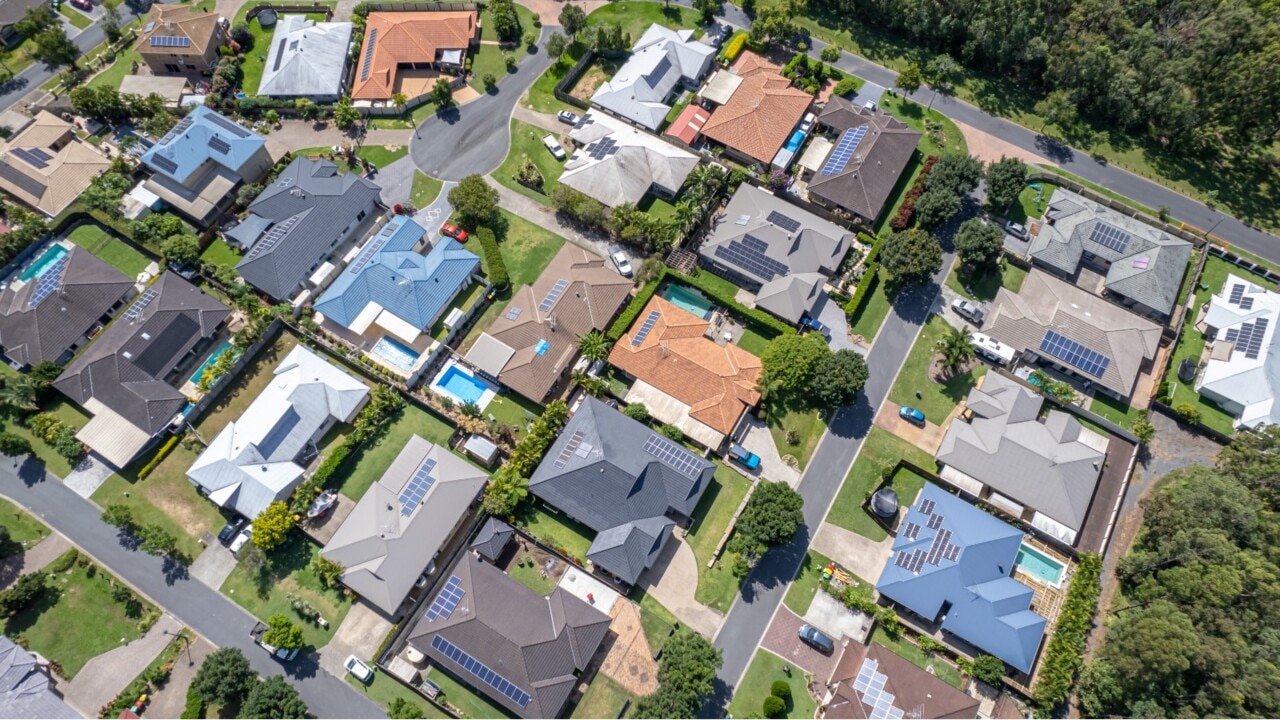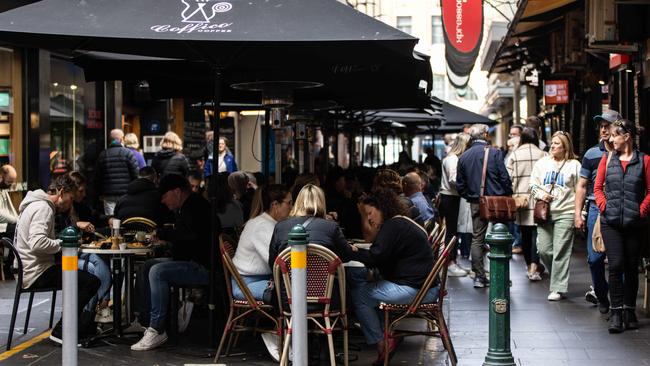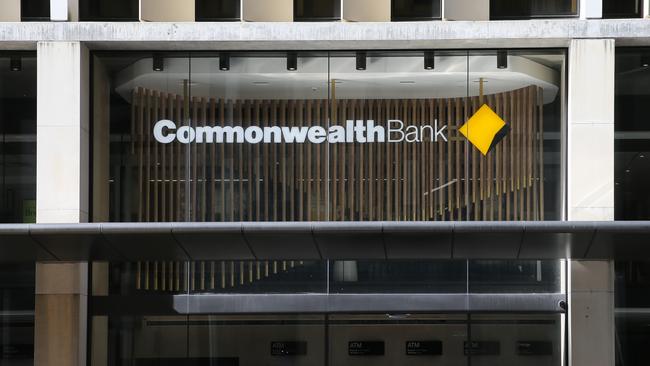Commonwealth Bank June Household Spending Index down for renters
A disturbing inequality between one group of Aussies and everyone else has been highlighted in a new report.

Breaking News
Don't miss out on the headlines from Breaking News. Followed categories will be added to My News.
Banking behemoth Commonwealth Bank is warning of a growing split in Australia between renters and everyone else.
The bank’s latest household spending report shows Australians without a home ownership stake are pulling back on outlays, while mortgage holders or outright owners are increasing their spend.
Spending by renters is down 0.9 per cent in the year to June, the report states, while spending for mortgage holders is up 1.5 per cent over the same period.
Australians who own their homes outright lifted their spend by 2.1 per cent across the year.
“If you look at spending by home ownership status, the report shows how difficult it is for renters,” Commonwealth Bank chief economist Stephen Halmarick told NewsWire.
“Their spending is significantly weaker than mortgage holders or owner outrights.
“For renters, perhaps younger cohorts, their income is not rising as fast as their cost of housing.
“They are really having to pull back on their spending to make ends meet.”
Since March 2020, the national rental vacancy rate has slumped 43 per cent, according to data from REA’s PropTrack, as surging demand for housing outstrips supply.

The drastic imbalance has pushed average weekly rents higher, with the national average for apartments now sitting at $584, a 9.8 per cent increase in the past year.
While renters are pulling back, the bank’s overall Household Spending Insights index lifted 0.6 per cent in June to 150.5 points, following a 0.7 per cent rise in May for a yearly 3.9 per cent increase.
The data is drawn from de-identified payments from the bank’s seven-million customer base, accounting for about 30 per cent of Australian consumer transactions.
Eight of 12 spending categories lifted last month, led by recreation and hospitality, which recorded a 3.2 per cent rise.
Online bookings from Australians looking to take holidays helped push the rise, Mr Halmarick said.
“The increase (in June) was pretty narrowly based. Really, it was recreation, hospitality, food and beverages that provided most of the increase,” he said.
“But year-to-June spending is stronger in essential services, where prices are rising.
“Insurance, health, education and utilities, that’s where the biggest increase is.”

Year-to-June spending on insurance is up 8.8 per cent and up 5.9 per cent for health. Spending on utilities increased 6.8 per cent.
Recreation, by contrast, recorded a 0.2 per cent lift across the year.
Consumer spending makes up about 50 per cent of the economy and CBA’s index is a closely watched economic indicator.
Mr Halmarick said the report reflected the country’s “sticky” inflation challenge.
“They highlight what the RBA (Reserve Bank of Australia) has highlighted, which is that a significant amount of ongoing inflation pressures are in these essential services, which are more difficult to impact with interest rates,” he said.
“Some of these essential services are really driving the stickiness of inflation.
“I don’t think the June numbers change that narrative.”
Originally published as Commonwealth Bank June Household Spending Index down for renters



